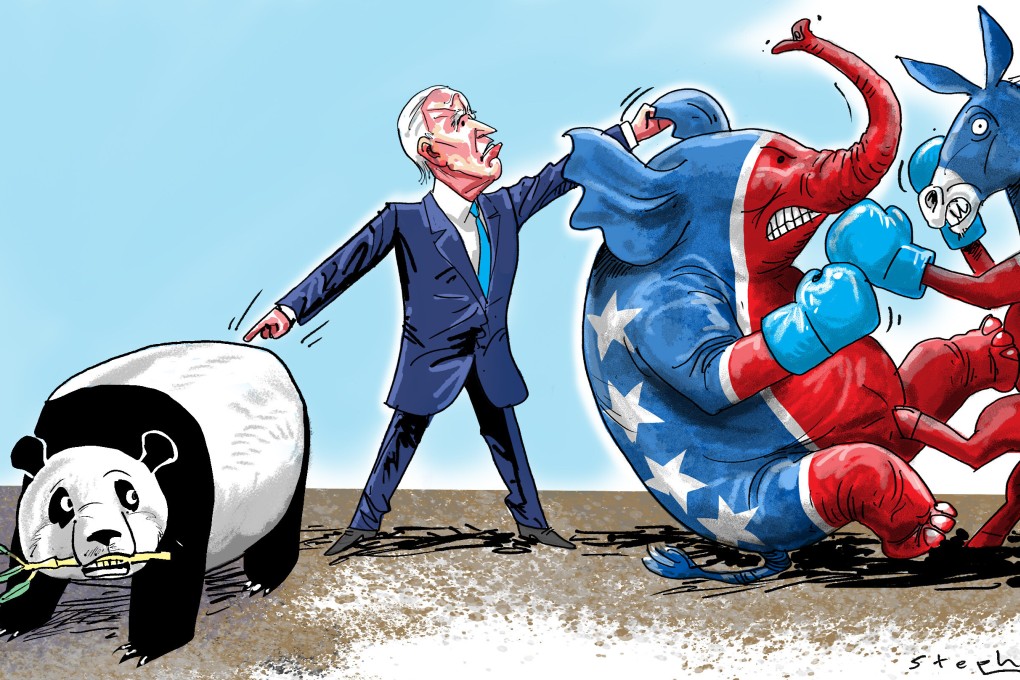Opinion | Why Joe Biden is taking his time with America’s China policy
- The Biden administration is trying to tighten the loose ends of China policy left behind by Trump, while keeping the policy details in the shadows
- It suits the White House to ride a wave of bipartisan hostility towards Beijing, and to try to preserve its congressional majority in the 2022 midterm election

Of course, we should remember that in his remarkably disciplined campaign for office, candidate Biden focused on first defeating the Covid-19 pandemic, jump-starting the American economy and dealing with social and racial inequities, not reversing or substantially changing Donald Trump’s erratic China policies.
Biden has legislated for aggregate huge financial relief for ordinary citizens. He has more legislative initiatives in the pipeline. And the new administration is more diverse in its composition than any predecessor’s.
But when it comes to dealing with China, the administration’s stated ambitions so far have been quite limited. Understandably, the Biden team wants to do the good work of repairing the alliances and partnerships with other capitals that Trump did so much to undermine.
